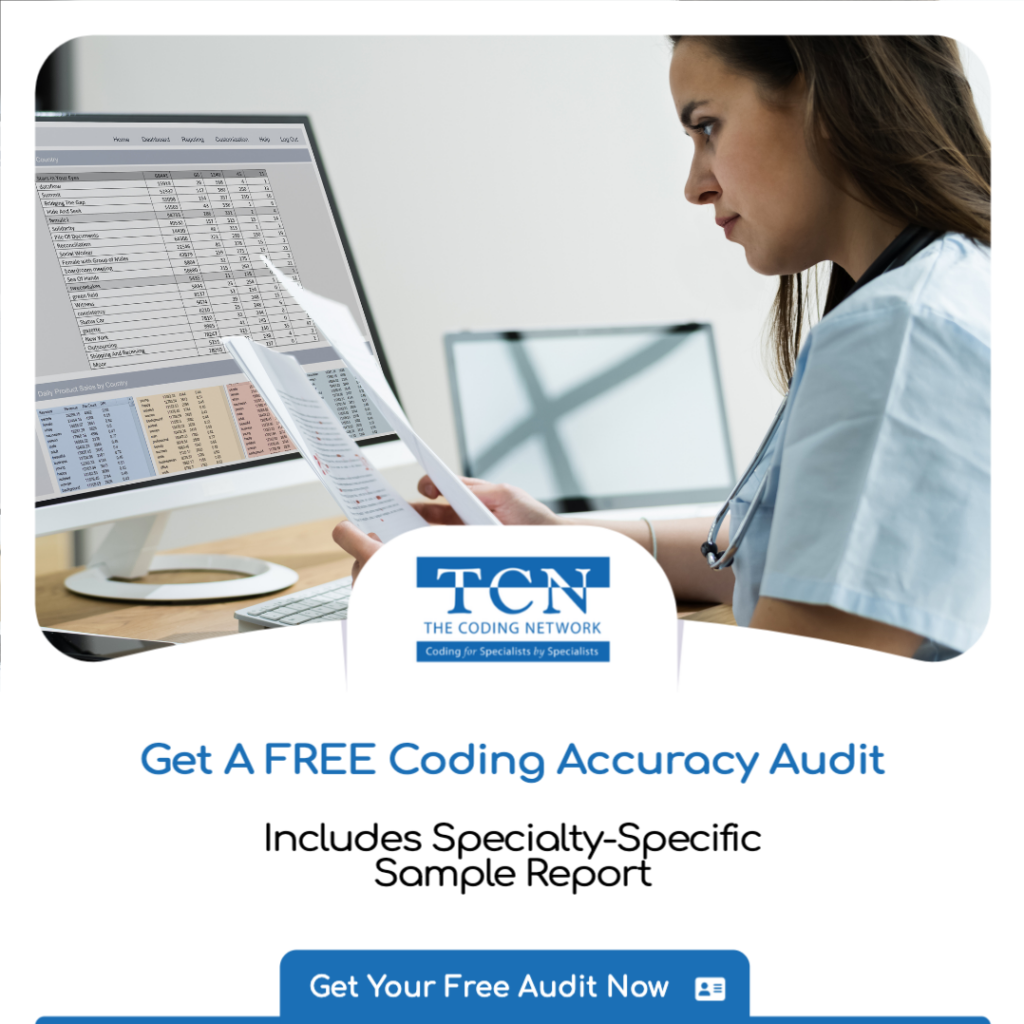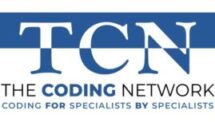Risk Adjustment
Risk Adjustment is a critical process used in the healthcare sector to
account for the underlying health conditions and risk factors of patients
when calculating insurance premiums and healthcare provider reimbursements.
This method ensures that healthcare plans that enroll patients with higher
health risks receive appropriate funding to cover the costs of care,
promoting fairness and efficiency within the healthcare system.
The Importance of Risk Adjustment
Risk Adjustment plays a pivotal role in creating an equitable healthcare
environment. It prevents insurance plans from avoiding high-risk patients
and encourages the provision of high-quality care to all individuals,
regardless of their health status. By accurately reflecting the health needs
of a population, Risk Adjustment helps to stabilize premiums and ensures
that healthcare providers are adequately compensated for the complexity of
care provided.
How Risk Adjustment Works
Risk Adjustment uses a patient’s medical history, including diagnoses and
treatment information, to calculate a risk score. This score reflects the
expected healthcare costs for the patient, allowing payers and providers to
adjust financial allocations and reimbursements accordingly. Higher risk
scores indicate patients with greater health needs, leading to higher
reimbursements to manage their care effectively.
Risk Adjustment in Practice
-
For Healthcare Providers: Understanding and accurately coding
patient diagnoses is crucial. Proper documentation influences risk
scores and, consequently, reimbursement levels. Providers must
ensure that all relevant health conditions are accurately captured
in the medical records. -
For Insurers: Insurers use Risk Adjustment to set premiums and
manage the distribution of funds across plans, ensuring that those
covering patients with higher health needs receive adequate
resources. -
For Patients: While patients are not directly involved in the Risk
Adjustment process, they benefit from a system that supports the
provision of care tailored to their specific health needs.
The Coding Network’s Role in Risk Adjustment
At The Coding Network, we specialize in providing comprehensive Risk
Adjustment solutions that support healthcare providers and insurers in
navigating this complex landscape. Our services include:
-
Expert Risk Adjustment Coding: Our certified HCC coders ensure
accurate capture of all relevant diagnoses, maximizing your
reimbursement potential while maintaining compliance with regulatory
standards. -
Risk Adjustment Audit and Compliance: We offer auditing services to
verify the accuracy of HCC coding and documentation practices,
helping you avoid costly penalties and optimize financial outcomes. -
Education and Training: Our experts provide targeted training for
healthcare providers on best practices in documentation and coding
for Risk Adjustment, enhancing your team’s skills and knowledge.
Why Choose The Coding Network?
With years of experience and a deep understanding of the intricacies of Risk
Adjustment and HCC Coding, The Coding Network is your ideal partner in
optimizing financial performance and ensuring compliance. Our commitment to
accuracy, integrity, and excellence positions us as a leader in the field,
ready to support your organization’s success in the evolving healthcare
landscape.
Elevate Your Risk Adjustment Strategy with The Coding Network
Embrace the full potential of your healthcare services with The Coding
Network’s Risk Adjustment solutions. Contact us today to learn how we can
help you navigate the complexities of Risk Adjustment and HCC coding,
ensuring fair compensation and high-quality care for all patients.
Contact us today to learn more about how our Risk Adjustment Services can help your organization achieve its financial and clinical goals, ensuring a future of success and stability in the healthcare market.

Latest Blog Posts:
Why Human Oversight in AI Medical Coding Remains Essential in 2025
The emergence of AI in medical coding is invariably impacting healthcare and traditional workflows and resource allocation. Yet, as AI platforms tout accuracy rates exceeding 90%, a critical question persists: Can autonomous coding stand alone? [...]
AI Medical Coding Is Fast—Until Compliance Slows You Down
Why Human Validation Is Now Mission‑Critical (and How to Add It Overnight) Artificial‑intelligence engines from Aidéo, Fathom, Nym, 3M, and others are transforming medical coding speed. Yet payers haven’t lowered the bar— they’ve raised it. Humana, [...]
How to Dodge the Holiday Coding Backlog – Without Adding Full‑Time Staff
Summer vacations fill the calendar, and Labor Day marks the starting line of a four‑month holiday sprint. For revenue‑cycle leaders, that means one thing: charts start stacking up on Friday, coders walk in Monday to a [...]
Need Professional Medical Coding Assistance: Why Using Your Doctors To Code Is Not Free
In today’s fast-paced healthcare environment, efficiency and accuracy are non-negotiable. Every medical practice, hospital, and healthcare system strives to optimize revenue, ensure compliance, and deliver exceptional patient care. One area that often flies under the [...]




